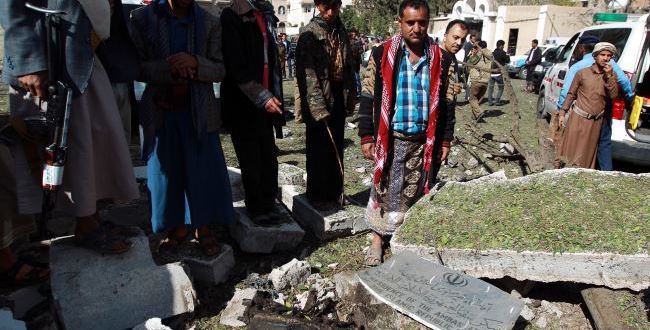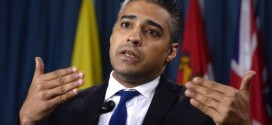
Yemen: car bomb blows up near Iran ambassador’s house
A car bomb on Wednesday targeting the Yemen residence of Iranian ambassador Hassan Sayed Nam in capital city Sanaa killed at least one person and wounded 17 people; Sayed Nam was not at the residence at the time of the attack, a security official said.
The son of one the guards at the residence was killed in the blast, the official Saba news agency reported, citing an interior ministry statement. Earlier in the day, a security official said that a guard was killed in the attack. According to officials, 2 of the 17 injured in the blast were guards, while the rest were bystanders. The outer wall of the house was severely damaged by the blast, along with nearby cars and homes.
The identity of the attackers is still not clear; the interior ministry claiming has said that it has launched an investigation into the blast.
Shiite Huthi rebels, who had overrun the city, have reportedly cordoned off the blast area.
Yemeni President Abdrabuh Mansur Hadi has decried the “foreign plots” he claims are aimed at preventing the impoverished country from progressing.
This is not the first attack targeting Iranians in Yemen. On January 18th, Iranian diplomat Ali Asghar Assadi was wounded in a drive-by outside his residence in what Tehran claimed was an abduction attempt; he would later succumb to his wounds. Sunni extremists from the al-Qaeda are still holding Nour-Ahmad Nikbakht, an embassy staffer.
Iranian Deputy Foreign Minister Hossein Amir-Abdollahian spoke to Arabic-language television channel Al-Alam and said that “no Iranian diplomat was wounded” in the attack.
Violence in Yemen has increased by bounds since the Huthi rebels, known as Ansarullah, swept through the country in September. They have been accused of receiving support from Shiite-dominated Iran. Their attempts to make advances south of Sanaa have been met by resistance from al-Qaeda extremists in the country and tribes in central Yemen.
 The Arab Democrat The Latest From The Arab World
The Arab Democrat The Latest From The Arab World





